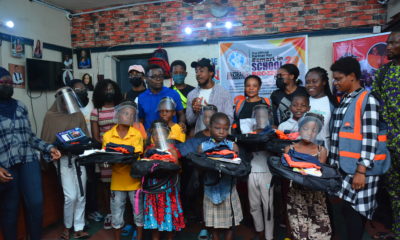News
Isaac Success Omoyele is the Education Champion Keeping Kids in School & Bringing their Dreams to Life
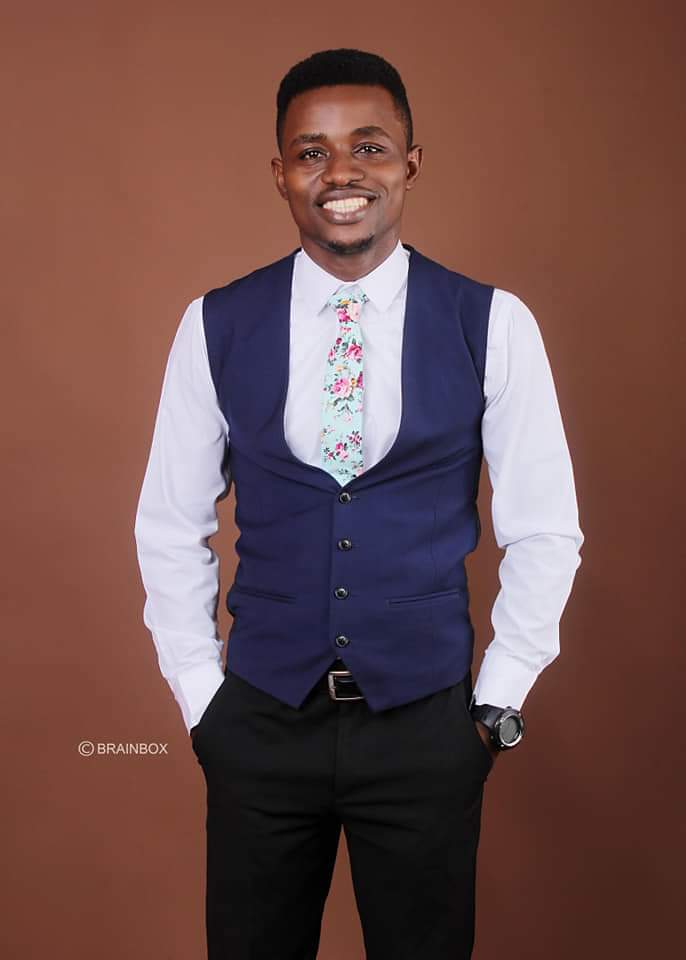
In 2013, Isaac Success Omoyele wanted to celebrate his 22nd birthday and his plan was to reach out to 22 children across Ajegunle, located in the Ajeromi Ifelodun Local Government Area of Lagos state. And he did. He paid fees for some, got school supplies for others, and got foodstuff to help parents and guardians prepare meals for their kids to take to school.
It was supposed to be a one-time thing, but Isaac just wouldn’t let go. He himself didn’t have it great in terms of education as a child. “I grew up in Ajegunle… and as a child I lacked my basic school materials not to talk of a decent meal to school. I was only able to complete my education because I got a full academic scholarship,” he said.
Seeing children go through the same thing he did, challenged him to find a way to help long term. He was passionate. So he decided to do what he did for his birthday regularly. It was called Reachout22 Project and every month, he’d go to different schools in the slums of Ajegunle, looking for kids with school needs and lending a helping hand as much as he could.
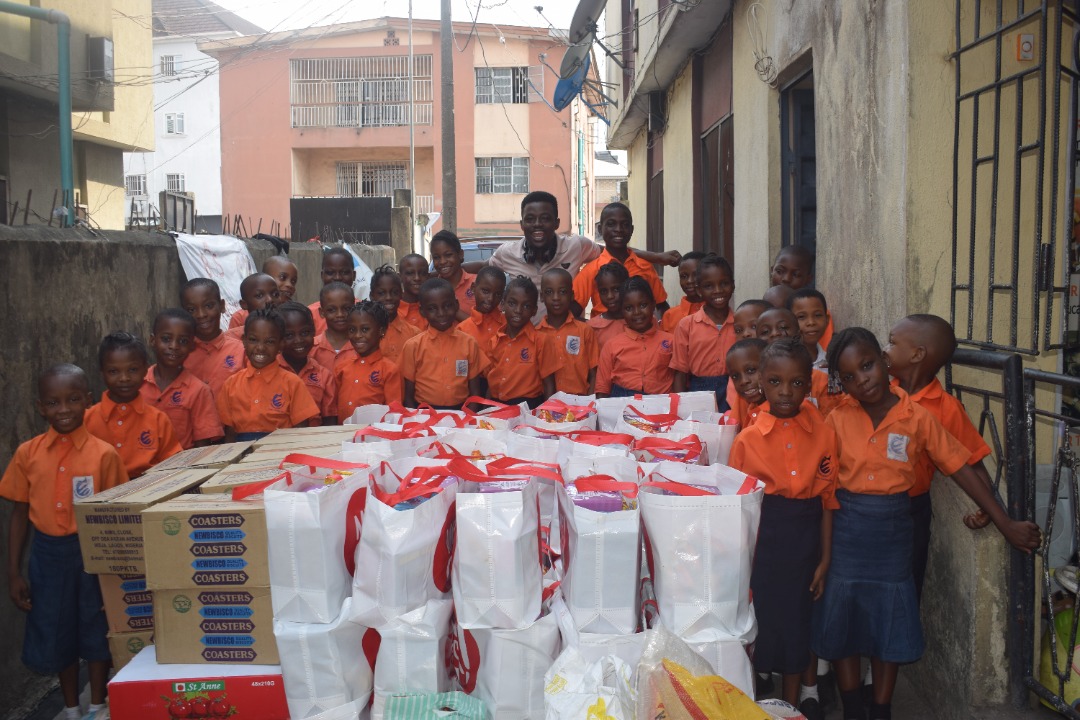
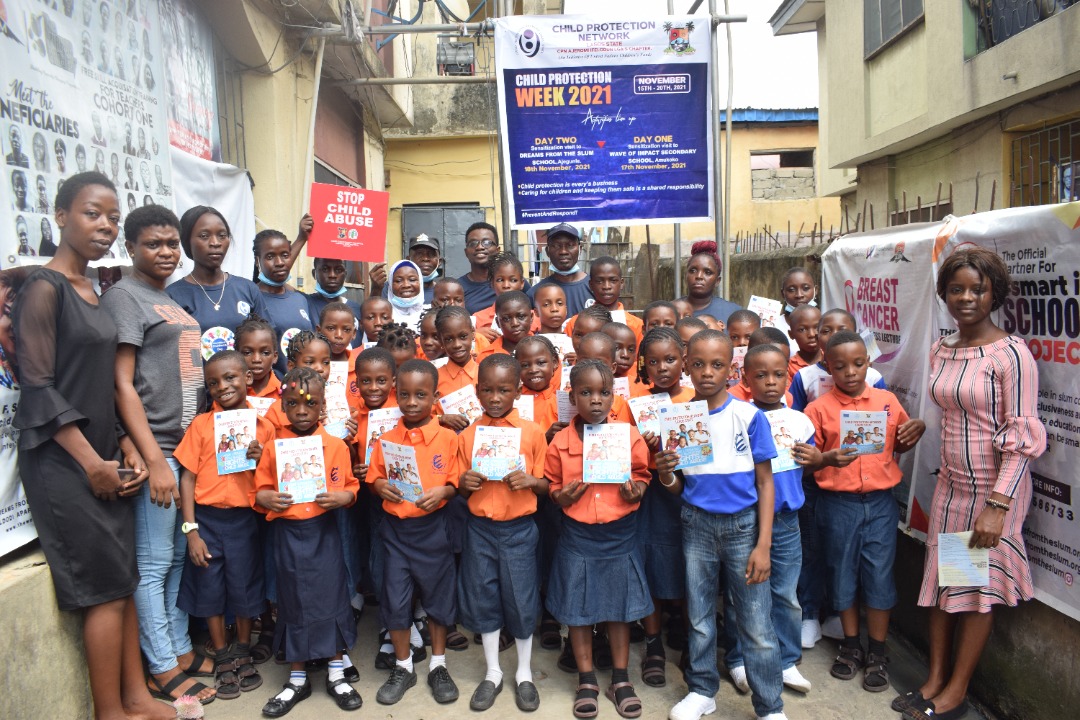
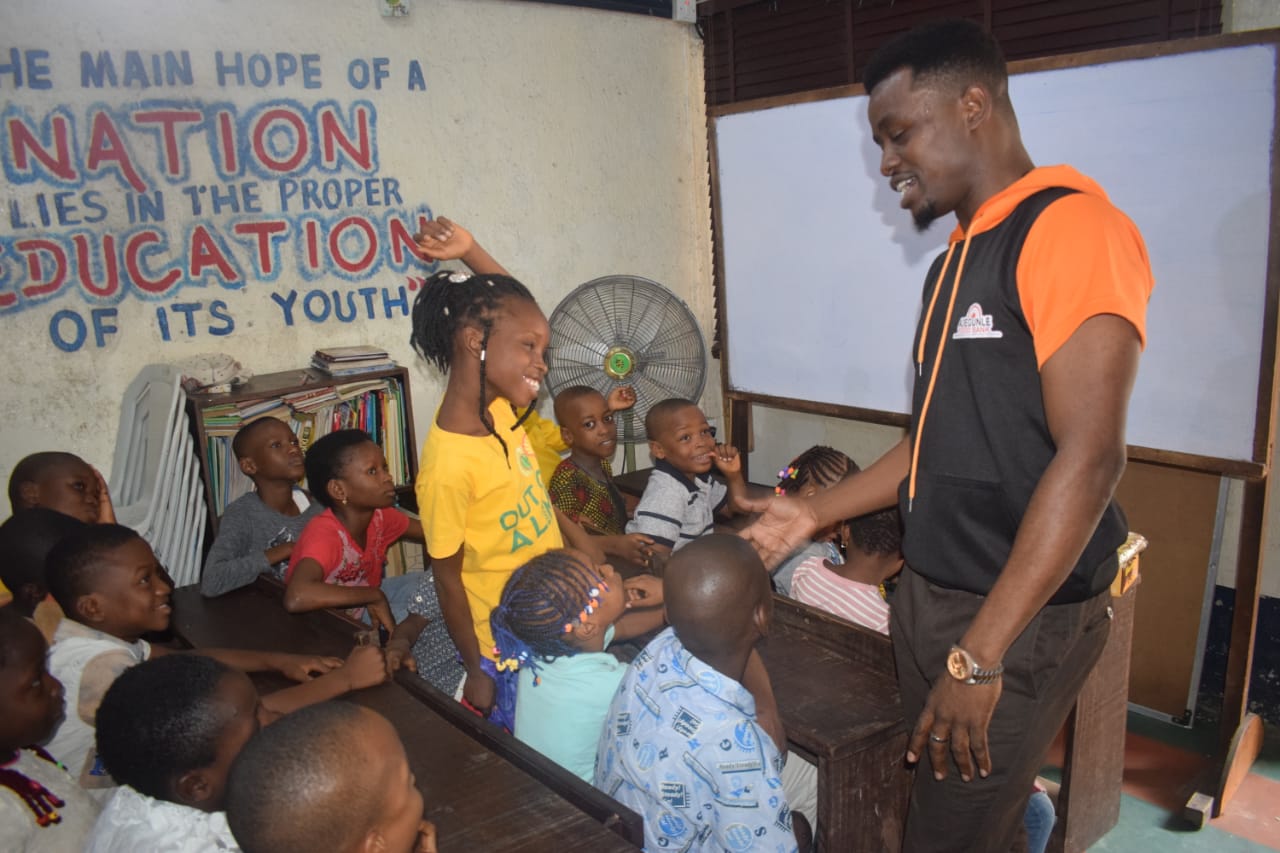
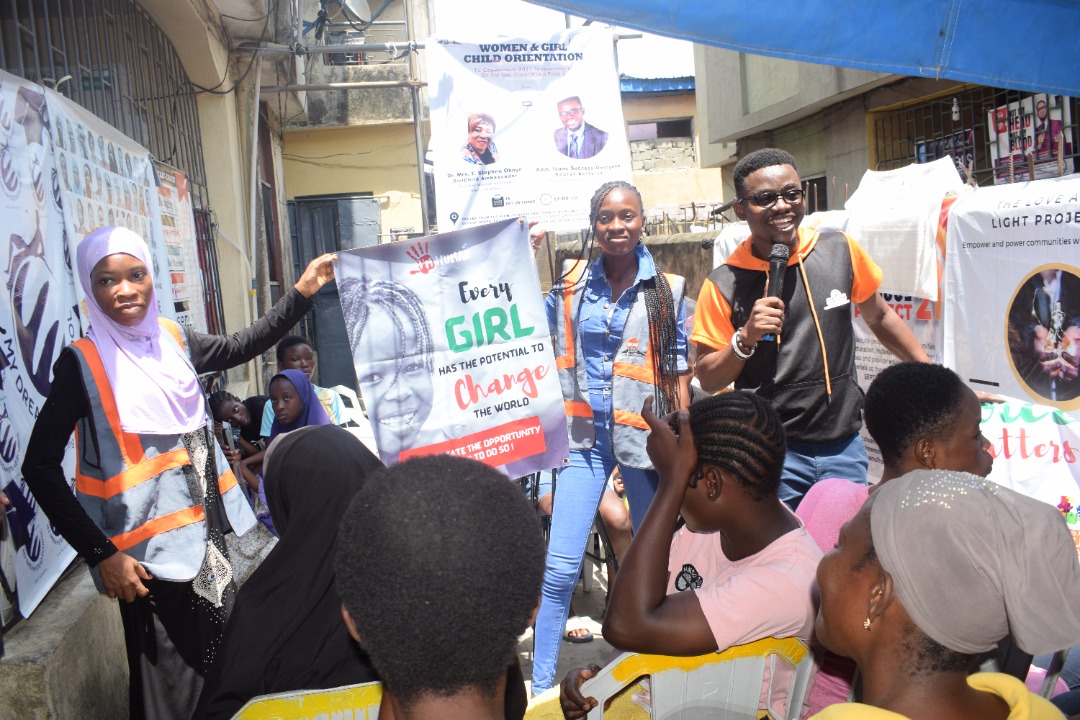
After a while, Isaac decided he wanted to make this much more regular. “I was passionate about it, but I lacked the skills to run an organisation like this,” he said. So, after doing this for more than a year, he enrolled for the LEAP Africa Social Innovators Programme in 2014. The programme is a year-long initiative by LEAP Africa to equip and empower young changemakers with requisite skills and effective tools for building sustainable enterprises.
Today, almost a decade after the first outreach, the organisation has morphed into Dreams From the Slum Empowerment Initiative and its work has moved from just catering directly to (out-of) school kids, but also to empowering their parents with skills and necessary training and/or funding to start and grow business, thus becoming financially capable to give their kids an education.
That small outreach, at the time, has now directly impacted the lives of tens of thousands of children and their families across Lagos and Edo States, Nigeria. The initiative has also, in that time period, launched five projects to keep the dreams of persons living in remote and desolate communities a reality. Chief of these projects is My Dream Stead School, “a low cost, tuition-free school for out of school children; it is aimed at touching the lives of children living in rural communities through access to quality education.”
DFTS’ strategy to achieve its mission is simple: Education, Empowerment, and Mentorship. Isaac said:
In terms of education, we run a free school for out of school children (My Dream Stead School) and Vocational Education Training Centre (Ajegunle Co-working Hub)
We also empower out-of-work women and youth with prerequisites needed for them to be self-employed.
On the mentorship side, we offer support and encouragement to both adults and children knowing that kids who have a mentor tend to do better in school and have higher self esteem while adults who have a business and lifestyle mentor tend to do well in business and lifestyle.
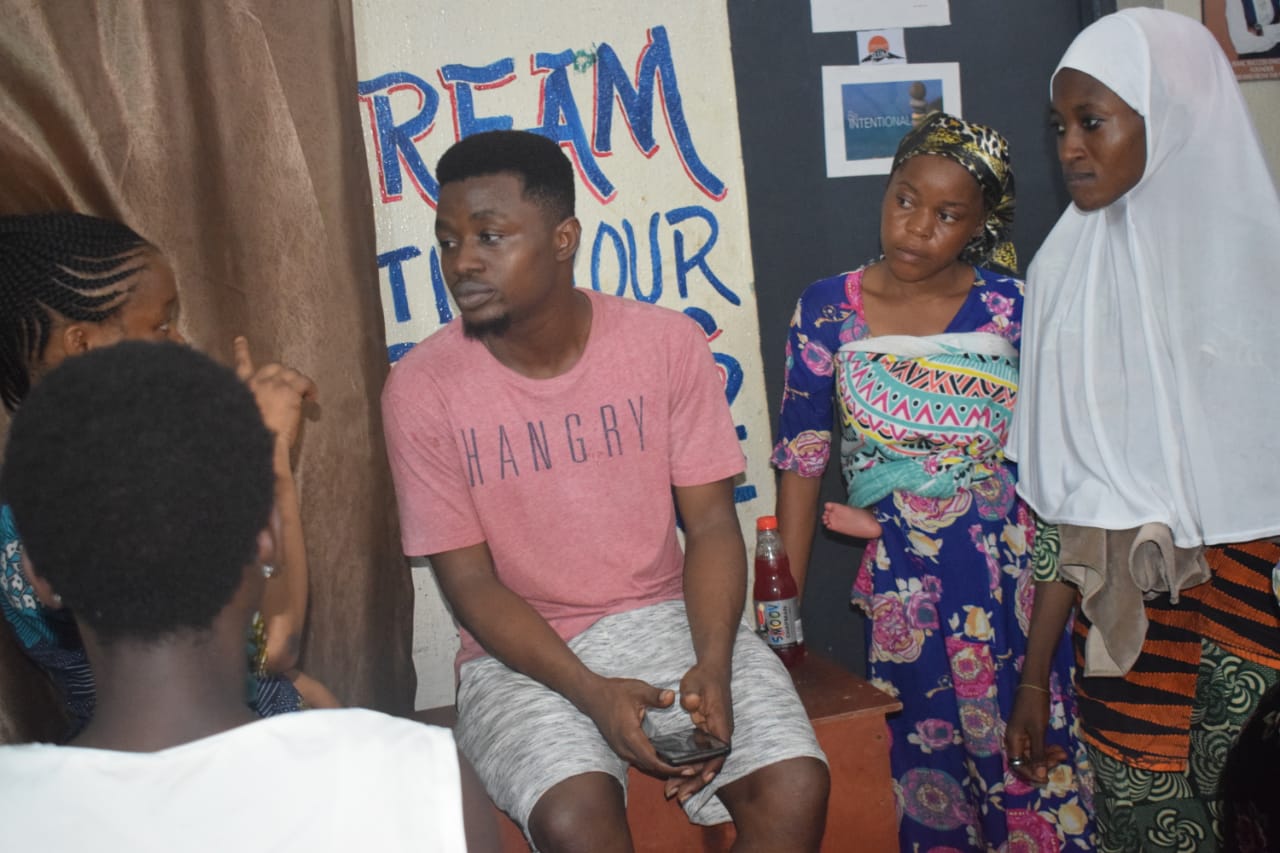
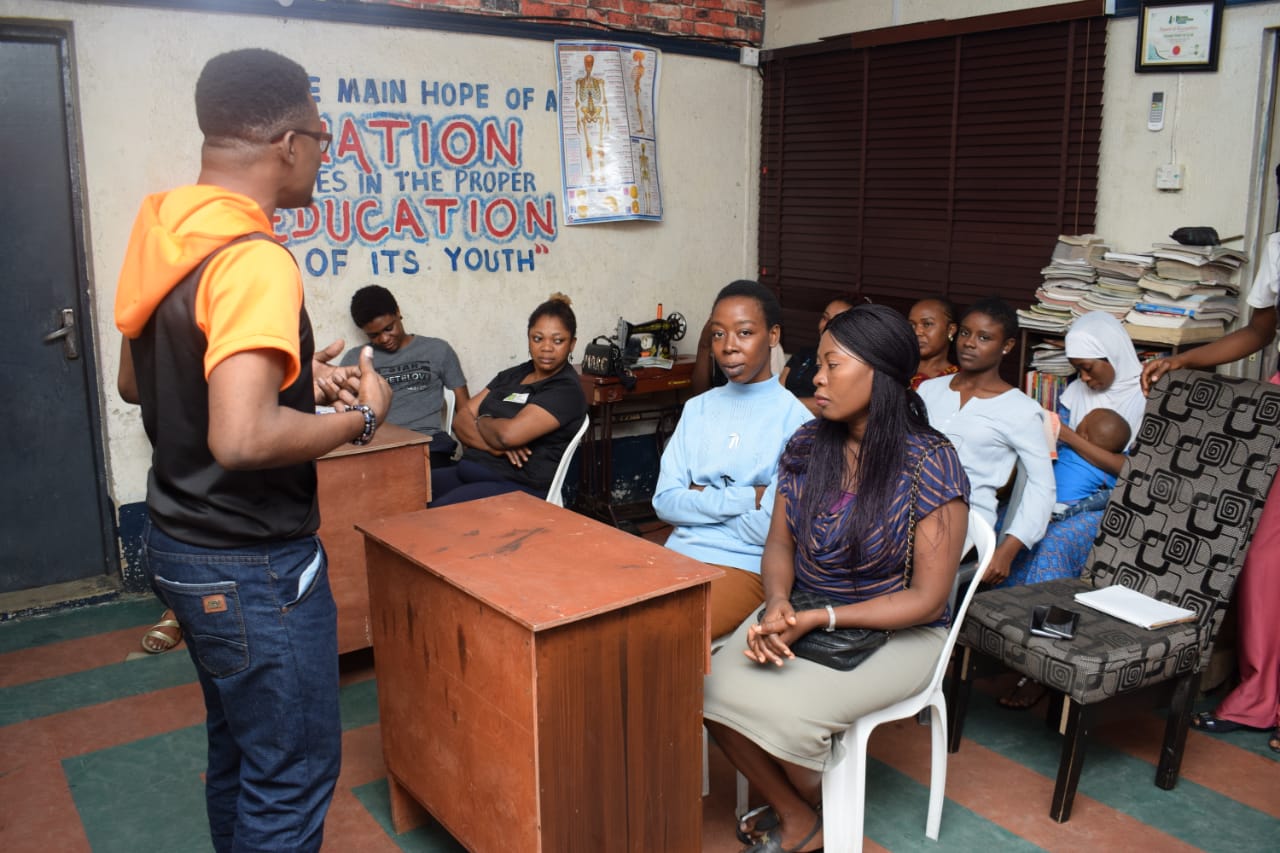
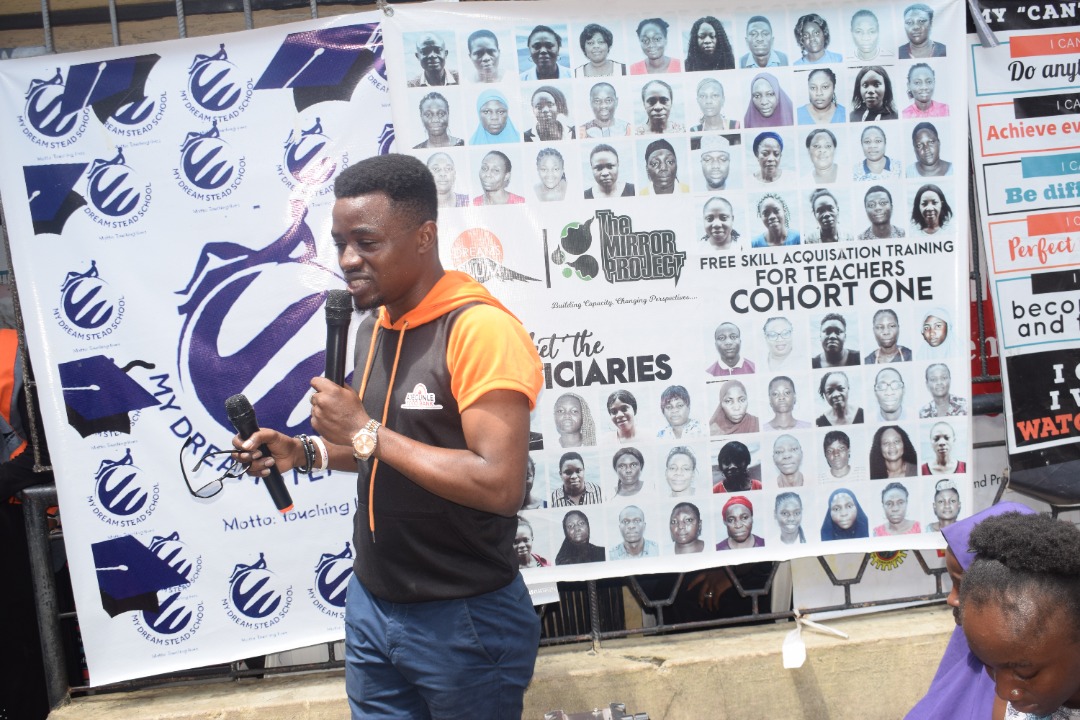
The root cause of the problems Isaac and his organisation are trying to solve is poverty. Per the World Poverty Clock, there are about 70 million people living in abject poverty in Nigeria. But then, what causes people to be poor? Isaac identifies food loss and wastage, and unemployment as two major drivers of poverty.
“We have been advocating for the reduction of food wastage because I strongly believe that food loss and wastage is a part of the cause of poverty in Nigeria and everyone has a role to play in reducing this by preventing wastage or giving out excesses to those in need which would help prevent wastage and curb hunger,” Isaac said.
This is why DFTS also started Ajegunle Food Bank, to provide foodstuff to the needy in underserved communities.
“Poverty which is also caused by unemployment can be curbed with livelihood skills and this is why our Vocational Educational Centre exists at the Ajegunle Co-working Hub,” Isaac added.
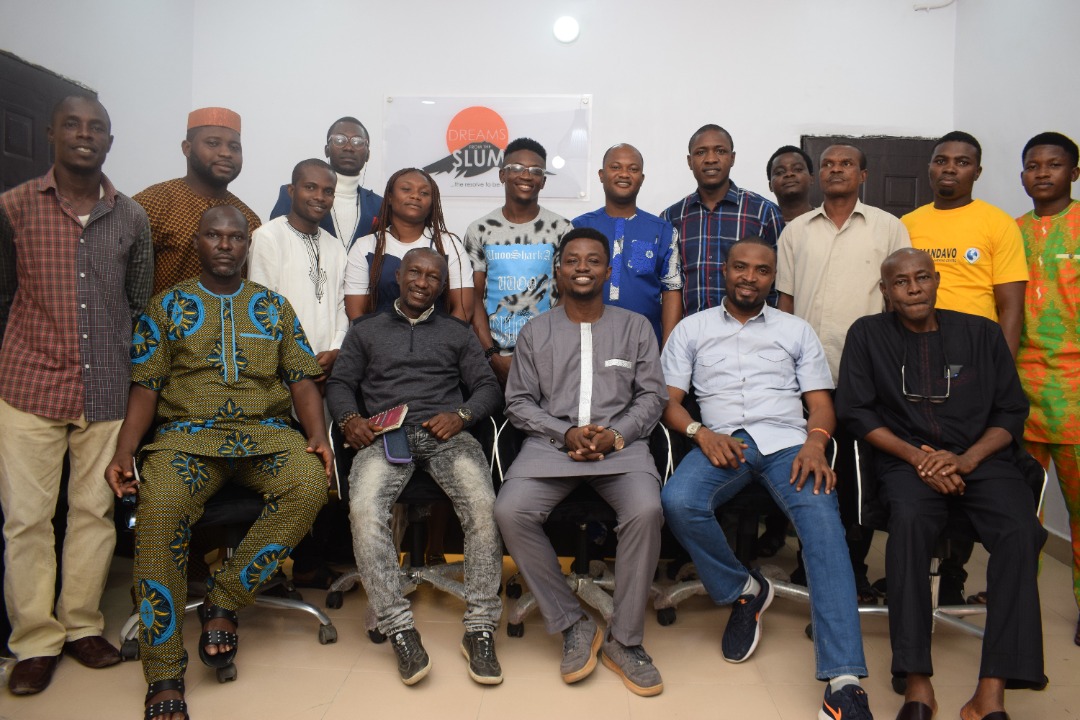
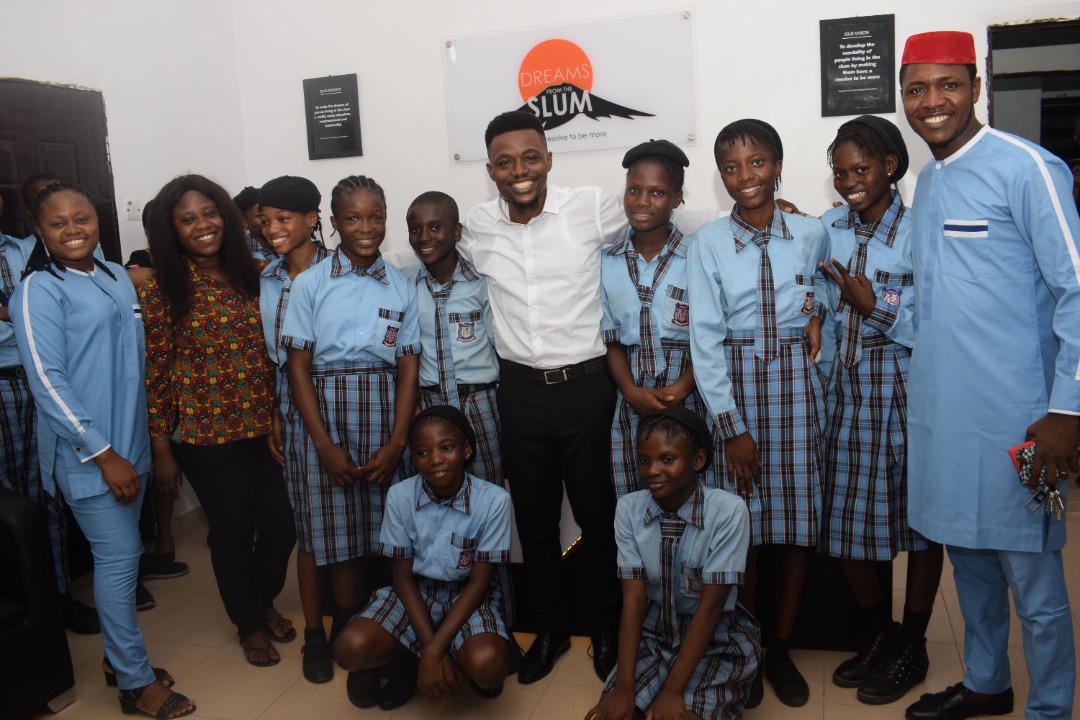
The Ajegunle Co-working Hub “is designed to create an enabling work environment for entrepreneurs and artisans. An artisan who has learnt a skill but lacks work tools, can walk into the hub and make use of the work tools provided with the serenity of the environment to boost productivity. We also run digital skills training programs for teens and women as well as skill acquisition schemes through our vocational education training centre within the hub,” Isaac said.
DFTS also runs Quies Creations, a souvenir company that makes and sells handcrafted materials produced by beneficiaries of DFTS. “Every purchase keeps a child in school,” Isaac says.
In addition to the above, DFTS also runs Ajegunle Pad Bank, an initiative to help young girls and women deal in underserved communities, with period poverty.
From time to time, Isaac and the DFTS team organise food drives, medical outreaches, e.t.c in inner communities and this also helps them identify beneficiaries to support. The organisation has also kept its lines and centres open for individuals and families within the community it is located – Ajegunle – to request for assistance.
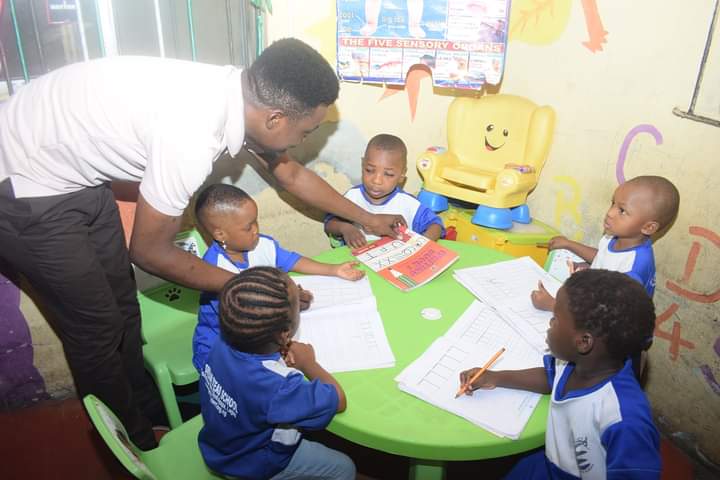
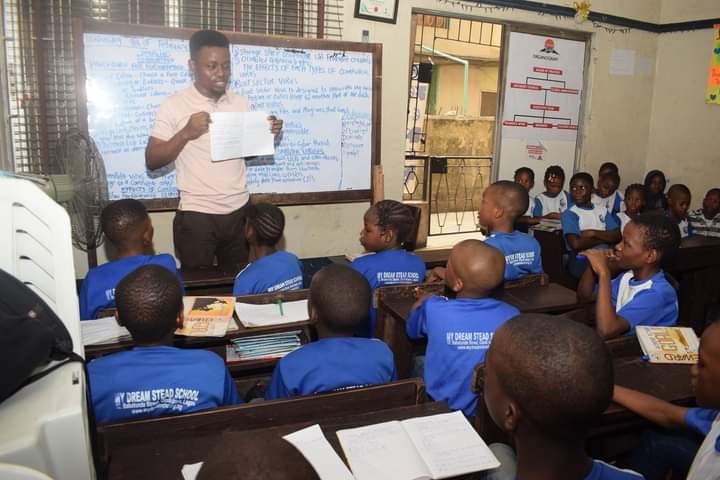
Funding has been a major challenge for Isaac and DFTS, but the organisation has continued to keep the lights on, thanks to support from individuals and corporations across Nigeria and the world at large.
“It has been a major challenge but we try as much as possible to give excellent service to the people we serve,” Isaac said.
In the coming years, Isaac wants DFTS to own a property – Dreams Villa – to house its 5 super projects, so that it can continue to deliver “excellent services” to the people it serves.




